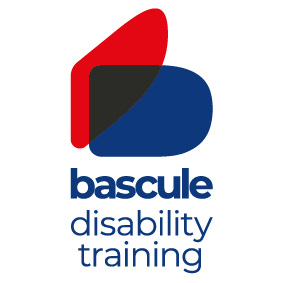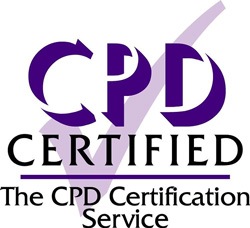Being aware of what you can’t see….

Disclosing hidden disabilities in the workplace
When most people think of disability, the first thing that usually springs to mind is a wheelchair user. If you think about it, the universal sign for disability is a wheelchair- so why wouldn’t we make that association?
Well, one reason is that only around 8% of the UK’s 14 million people with disabilities use a wheelchair, and an even smaller percentage of people with disabilities have visible evidence of their impairment, (such as assistance dogs or mobility aids).
So, what does this tell us? Well- it means that the vast majority of disabilities are actually ‘hidden’ or unable to be visually identified in any way. As a result, some disabilities tend not to receive the recognition more visible disabilities receive and can therefore, often go unacknowledged both in society and the workplace.
So, why hide?
Many people who have hidden disabilities choose to keep this information to themselves. This can happen for a vast range of reasons. Some people feel that they may face being stigmatised at work, others worry that their colleagues may perceive their disability as a weakness and therefore choose not to disclose. Some fear they may be pushed out, or lose their role or position. Some people avoid disclosure through worry that colleagues and managers may ask questions or offer unwanted sympathy or attention.
The list goes on. The fact is, unless you simply choose not to disclose because of your own privacy, then it’s likely your employer isn’t providing an inclusive environment, where staff are empathetic, understanding and foremost, disability aware.
When it comes to hidden disabilities and the workplace, a lack of awareness is by far the biggest obstacle and the main contributor. Take for example, a recent study from OnePoll of 1,000 employed adults, commissioned by national charity Crohn’s & Colitis UK. This report revealed that only fifteen per cent of people questioned believed that Crohn’s Disease and Ulcerative Colitis – the two most common forms of Inflammatory Bowel Disease – were ‘acceptable’ reasons to call in sick.
The study also found that a third of workers have lied about their reason for calling in sick, over fears of stigma in the workplace. It also found more than half of respondents who suffer a long-term health condition feel they have to downplay their condition at work.
So, why disclose?
In another study, the Center for Talent Innovation (CTI) in the US, calculated the value of disclosing disability and found that employees with disabilities who disclose to people they interact with, are more than twice as likely to feel regularly happy or content at work than employees with disabilities who have not disclosed to anyone (65% versus 27%). They are also less likely to regularly feel nervous or anxious (18% versus 40%) or isolated (8% versus 37%).
Awareness training
Raising awareness encourages people to be confident and comfortable in disclosing and discussing their disabilities, helping colleagues to be more understanding, and people with disabilities to gain the support they need to improve their working lives.
Once an individual feels comfortable with the disclosure of their disability, they can receive the support they may need to function better, as well as the accommodation that might better support their disability, which will inevitably make them a happier more productive member of staff. They will also be relieved of the stress and pressure that hiding a disability may be causing.
By developing disability awareness in the workplace, a more understanding and inclusive environment is created.
It’s also important to remember that training and educating managerial staff is particularly important here, as this will cause a level of awareness to trickle down to the organisations’ other staff members, creating a much more supportive workforce.
For more information about creating an environment where people are comfortable disclosing their disability- go to our training pages, or call 0330 3800662



